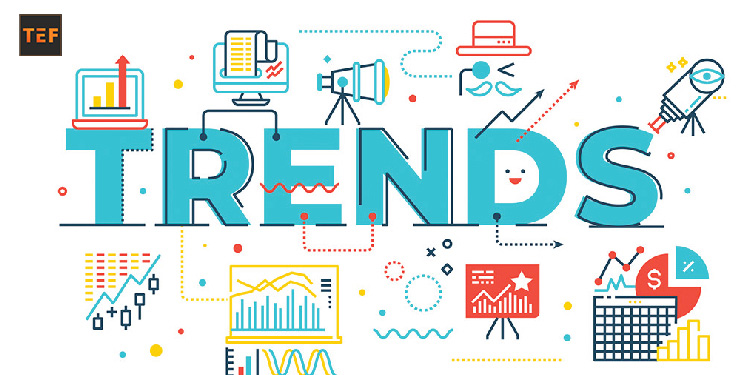Our lives changed completely during the outbreak. We are more concerned with health and hygiene, with a focus on technology and innovation, and online and offline learning (WFH) has become commonplace. In India, important changes are taking place in the field of education. Below are some of the new educational opportunities that are giving 600 million young people in India the opportunity to challenge the world.

Digital, Multisensory Classroom: Classrooms across India use digital and multidisciplinary methods, empowering educators, coaches and learners. This makes education perfect and into context. Educational institutions are starting to use a variety of interactions that support visual, auditory, and behavioral learning systems that lead to positive learning outcomes. Increasingly focused on managing, interacting, and engaging content, making learning more collaborative.
Distance Learning: This epidemic seeks educational reforms through distance learning, which reduces limited time, space and distance learning. Students can use digital education content, videoconferencing, and pre-recorded videos to access class instruction, and use social media to access class discussions. The center is now using cloud technology to allow students to upload projects and access reports.
Game-based learning: Play with education is becoming more and more intertwined with each passing day. This will change the way students, especially from kindergarten to high school, accept learning. Through the more “fun” elements that accompany sports, students will become more active and enthusiastic in learning.
Use of VR and AR: The use of virtual reality (VR) and Augmented reality (AR) is emerging as a new trend in digital education. True reality provides exciting ways for students to process and process information, which makes learning more effective and enjoyable. The unpopular reality of taxpayers we see progressing by combining real and tangible objects to provide an improved learning environment. In education, AR can help teach critical thinking, problem solving and many other skills.
Artificial Intelligence: Artificial Intelligence (AI) has dramatically changed education, as it allows teachers to spend more time monitoring, doing homework, student performance, and helping to do data analysis, like others. AI allows teachers to perform daily tasks in teaching teaching skills, visuals and simulation techniques, and to produce intelligent content, taking into account the learning features of each. Artificial intelligence analysis also helps institutions to be more competitive.
Short-term online courses: Unfortunately, short-term courses are widely promoted, leading to an increase in the number of people taking seriously online learning. India has become the largest market for Open Online Courses (MOOCs) behind the US and has opened up great opportunities for people to improve their skills and receive quality training no matter where they are or where they are located. If this trend continues, India could take its place.
With the globalization of technology and innovation, the role of the teacher has also changed. Now the need for commitment and motivation is greater than ever before, including the physical intimacy that is not found in online learning. Teachers and educators play a vital role in the learning process and are instrumental in preparing, interpreting, and distributing content. With the emergence of digital styles and flexible needs, we can hope for a brighter future not only in our education sector, but also in the economy as a whole, to help develop institutions.




